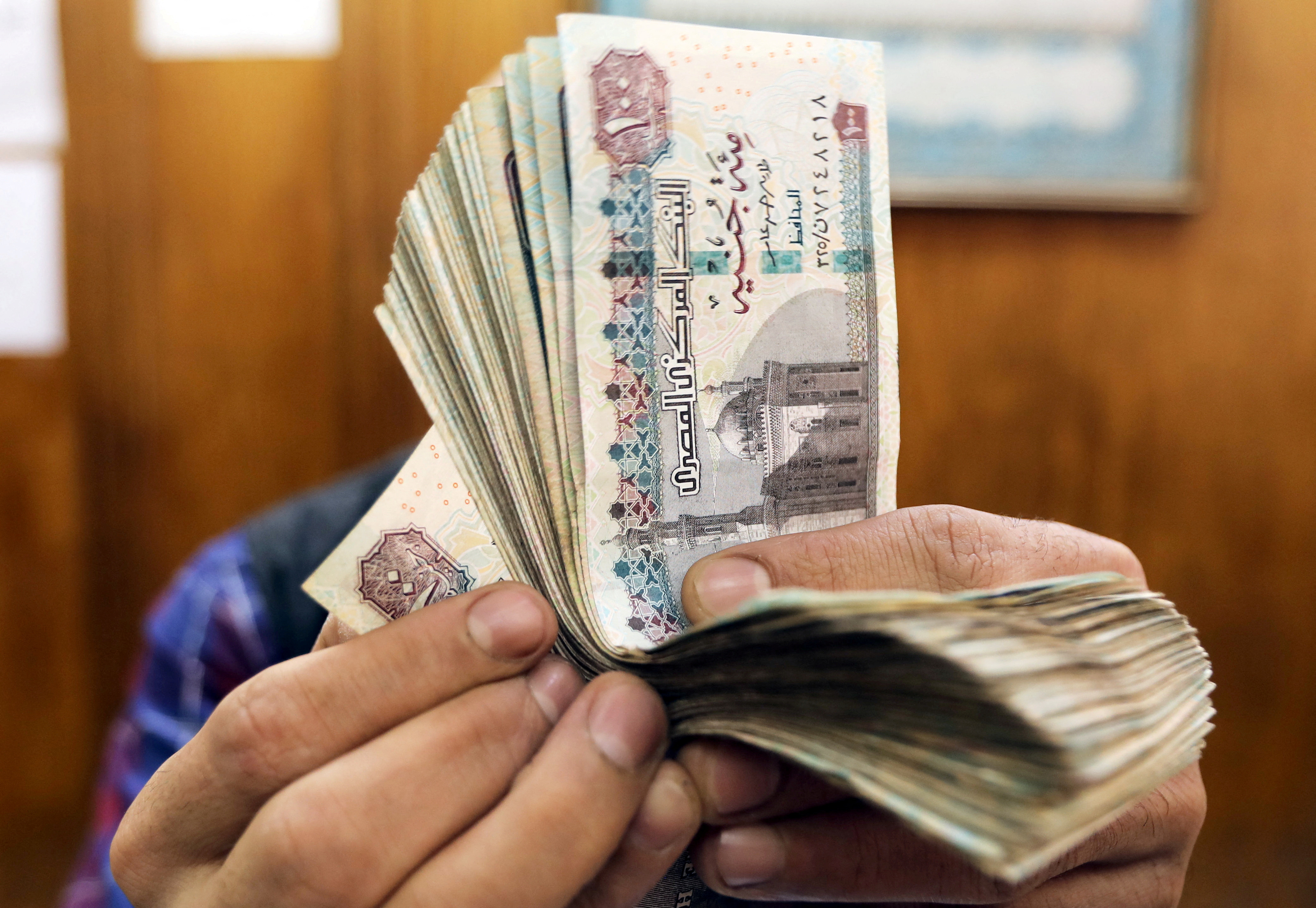
The central banks of the United Arab Emirates and Egypt have agreed to a currency exchange deal, which could bolster the struggling Egyptian economy.
A joint news release on Thursday said the agreement would allow the two central banks to exchange up to five billion Emirati dirhams and 42 billion Egyptian pounds, or roughly the equivalent of $1.36bn.
The Egyptian pound has lost more than 50 percent of its value against the dollar in the last 18 months, and the country is suffering from a shortage of foreign currency. Egypt, the Middle East’s most populous country, is the world’s largest importer of grain. Its supplies traditionally have come from Eastern Europe, so it has been hit hard by the fallout of the Ukraine war.
Last month, Egypt’s annual inflation rate stood at 39.7 percent, more than double compared with the same month last year, when it recorded 15.3 percent.
Currency swap arrangements are usually deployed when nations are seeking to shore up central and domestic banks by providing them with extra liquidity in the form of a foreign currency.
“It seems again that the UAE is providing Egypt with financial support,” James Swanston, an economist specialising in the Middle East and North Africa, told The Associated Press. “Egypt’s central bank needs more ammunition to prop up its currency.”
The UAE and the other Gulf states have been chief backers of President Abdel Fattah el-Sisi’s government since it came to power in 2013.
Estimates have suggested more than $100bn in Gulf money has gone to Cairo via Central Bank deposits, fuel aid and other support since then.
The heads of the Emirati and Egyptian central banks both said Thursday’s deal would enhance cooperation between the two allied countries, but gave few further details about the agreement.
IMF deal and pound devaluation
Earlier this week, Bloomberg reported that Egypt had removed a key concern that has held up a review of a $3bn rescue programme with the International Monetary Fund.
The IMF believes Egypt – its second-biggest borrower after Argentina – is now more willing to carry out a sale of state assets following several high-profile deals, said the report.
However, presidential elections set for December have made it difficult for the Egyptian government to satisfy the IMF’s demand to devalue the pound, as that would add pressure on cash-strapped consumers.
The slow progress of Egypt’s reforms could mean that a breakthrough on the already delayed review might not be possible this year, a further blow to investor confidence in the country’s $470bn economy.







